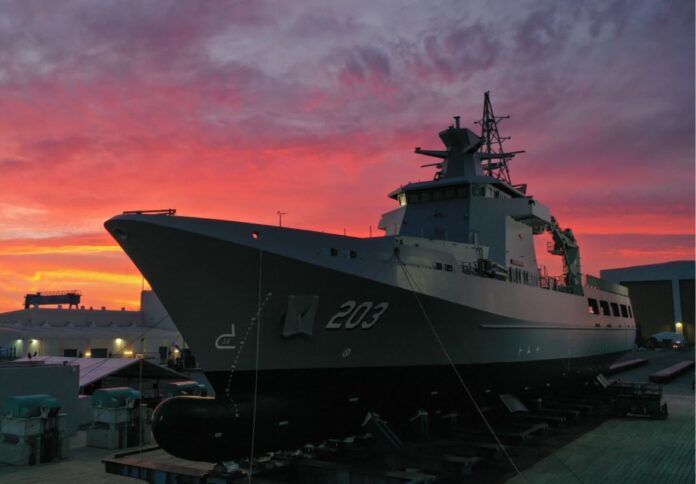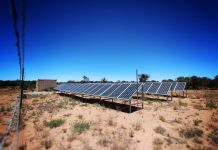
The Australian Government is set to finalise new offshore exploration permits for gas supply, aimed at firming renewables and supporting the economy during Australia’s transition to net zero emissions.
Minister for Resources and Northern Australia Madeleine King announced that permits for Esso and Beach Energy in the Otway and Sorrell Basins will be finalised, with any discovered gas earmarked for the domestic east coast market.
Additional permits will be granted to Chevron, INPEX, Melbana, and Woodside Energy for exploration on Australia’s west coast, enhancing energy security in Western Australia.
Furthermore, ten permits will be issued for carbon capture and storage (CCS) exploration, aligning with recommendations from the International Energy Agency, CSIRO, UN Intergovernmental Panel on Climate Change, and Australia’s Climate Change Authority, all of which highlight the importance of CCS in achieving net zero.
Since the current government took office, renewable energy generation in the National Electricity Market has increased by 25 per cent, driving total emissions and emissions intensity to record lows.
However, the latest ACCC Gas Inquiry Interim Report warns of potential gas supply shortfalls on the east coast as early as 2027, with challenges persisting into the mid-2030s unless new sources are developed.
Minister King emphasised the critical role of gas in the transition, noting that as coal generation retires, gas will continue to firm renewable energy and provide backup during peak periods.
“Gas is critical for the transition but will be a diminishing proportion of our energy mix by 2050 as other storage technologies come online,” she said.
The government’s Future Gas Strategy underscores the need for net zero emissions by 2050, predicting a sharp decline in gas demand during the clean energy transition.
Nonetheless, securing gas supply remains necessary to meet domestic demand.
The strategy prioritises optimising existing discoveries and infrastructure while aligning with net zero targets.
It’s important to note that finalising offshore exploration permits does not automatically greenlight new gas production.
Separate, extensive safety and environmental approvals are required through Australia’s National Offshore Petroleum Safety and Environmental Management Authority.
Additionally, further community consultation is needed before any offshore exploration can begin. No new seismic surveying will be allowed; companies must licence or reprocess existing seismic data.
This comprehensive approach aims to balance the immediate need for gas supply with long-term environmental and economic goals as Australia navigates its path to a sustainable, net-zero future.



















